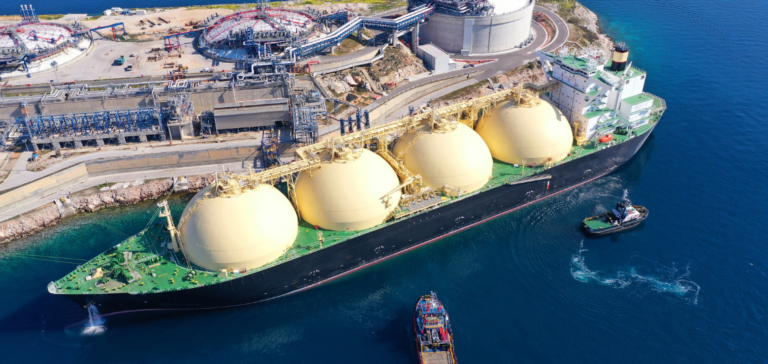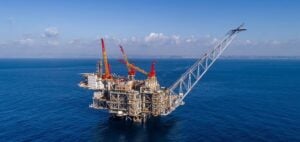The breakdown of import volumes shows a diversified geographical distribution, with France in the lead (1.66 million mt), closely followed by Spain (1.04 million mt) and the UK (970,000 mt). Other countries, such as the Netherlands, Italy, Belgium, Sweden, Poland, Germany, Portugal, Lithuania, Malta, Croatia, Greece and Finland, also contribute to these impressive figures.
Main LNG Suppliers to Europe
The origin of these LNG imports is also noteworthy. The United States is the main supplier, accounting for just over 52% of the total. Despite geopolitical tensions and sanctions, Russia supplies around 13% of LNG, while Algeria contributes 11%.
Influence of Climate Conditions on LNG Demand
The current context is also marked by growing expectations of demand due to forecasts of lower temperatures. However, the current moderate temperatures are having a dampening effect on gas prices.
EU Gas Storage Levels and Logistical Challenges
Another important aspect concerns gas storage levels in the EU, which remain comfortable at 98.94% of their total capacity as of November 18. This relative abundance offers a degree of security, although trade sources also pointed to ongoing delays in deliveries via the Panama Canal, resulting in a redirection of US volumes from Asia to Europe.
According to Andres Rojas and Theo Kassuga of S&P Global Commodity Insights, the flow of LNG trade has undergone a significant change over the past two years, alleviating concerns about congestion in the Panama Canal. Europe, seeking to compensate for the Russian pipeline deficit, has seen the continent’s netbacks remain competitive with those of Northeast Asia, attracting a majority of US LNG volumes.
The recent dynamics of the LNG market in Europe highlight a growing dependence on imports, particularly from the USA, against a backdrop of geopolitical tensions and climatic fluctuations.





















